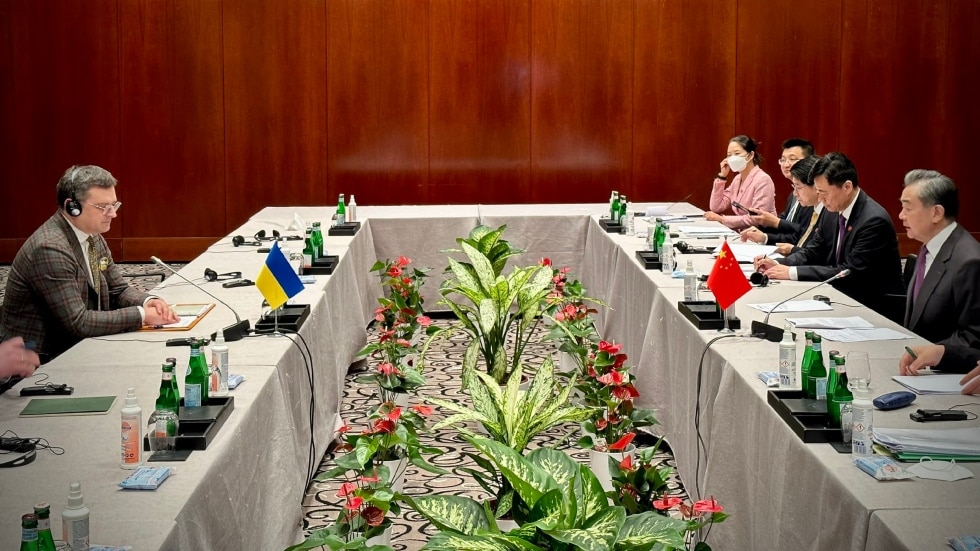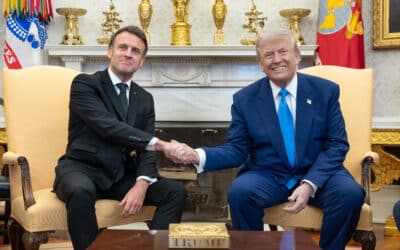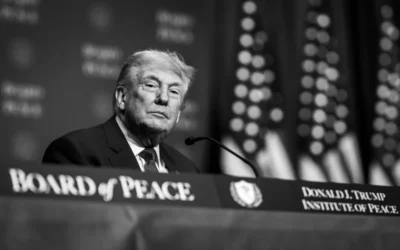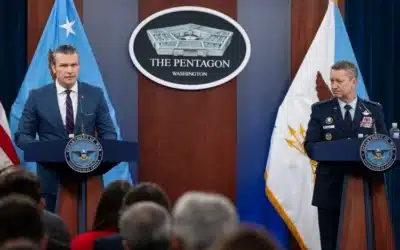Beijing plans to roll out its framework for a treaty to end the war in Ukraine, Chinese Foreign Minister Wang Yi announced at the Munich Security Conference. At the international summit, America’s top diplomat criticized the People’s Republic and warned of a “new Cold War.”
During his speech at the Munich event on Saturday, Wang said President Xi Jinping will soon unveil a plan to halt fighting in Ukraine, insisting his country would not “add fuel to the fire.”
“We will put forward China’s position on the political settlement on the Ukraine crisis, and stay firm on the side of peace and dialogue,” he said.
After meeting with Wang in recent days, Italy’s Foreign Minister Antonio Tajani said he expects the Chinese proposal to be released by the end of the week.
In his own address at the summit, NATO Secretary-General Jens Stoltenberg labeled Beijing an “authoritarian regime,” and later complained to reporters that China has “not been able to condemn the invasion” of Ukraine. He added that the PRC’s talk of a ceasefire plan has been “quite vague,” insisting peace could only be achieved through a Russian withdrawal.
Wang, in turn, argued that “Some forces might not want to see peace talks materialize,” likely a veiled reference to the United States. “They don’t care about the life and death of Ukrainians, [nor] the harms on Europe. They might have strategic goals larger than Ukraine itself.”
In March, Turkey nearly brokered a peace agreement between Moscow and Kiev after hosting negotiations in Istanbul. Those talks would later fall through, with Ankara lamenting that some Western countries would prefer the hostilities continue in order to strike a blow to Moscow.
“There are countries within NATO that want the Ukraine war to continue. They see the continuation of the war as weakening Russia,” Turkish Foreign Minister Mevlüt Çavuşoğlu said in April. “They don’t care much about the situation in Ukraine.”
Just days later, US Defense Secretary Lloyd Austin declared that one of Washington’s primary goals in Ukraine was to “see Russia weakened.”
In his speech, Wang appealed directly to the European community in searching for a way to end the conflict, apparently seeking to bypass Washington. “We need to think calmly, especially our friends in Europe, about what efforts should be made to stop the warfare; what framework should there be to bring lasting peace to Europe; what role should Europe play to manifest its strategic autonomy,” he said.
Wang also met with Kiev’s top diplomat on the sidelines of the summit over the weekend, telling Foreign Minister Dmytro Kuleba that Beijing does not “want to see the crisis in Ukraine prolonged and expanded,“ and is “willing to work with the international community to avoid further deterioration of the situation and persistently strive for peace.”
After the meeting, Kuleba said Ukraine and China agreed that the principle territorial integrity is “sacred for both of our states,” adding that he told Wang “all initiatives aimed at restoring peace in Ukraine need to be based on it.”
Wang is expected to travel to Moscow before Beijing releases the proposal at the end of the week.
The Chinese diplomat held a separate meeting with his US counterpart, Secretary of State Antony Blinken, who slammed Beijing over the Chinese high-altitude balloon that crossed into US airspace in late January.
Blinken also warned that if Beijing provides arms to Moscow, it will severely escalate tensions all-around. “China has been engaged in providing rhetorical, political, diplomatic support to Russia, but we have information that gives us concern that they are considering providing lethal support to Russia in the war against Ukraine,” he said. “We see China considering this. We have not seen them cross that line.”
Chinese arms shipments to Russian forces would carry “serious consequences,” Blinken went on, stating the move could even spark a “new Cold War.”
































